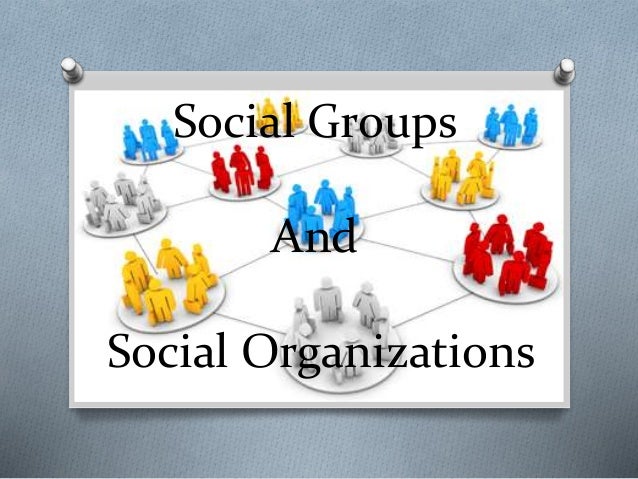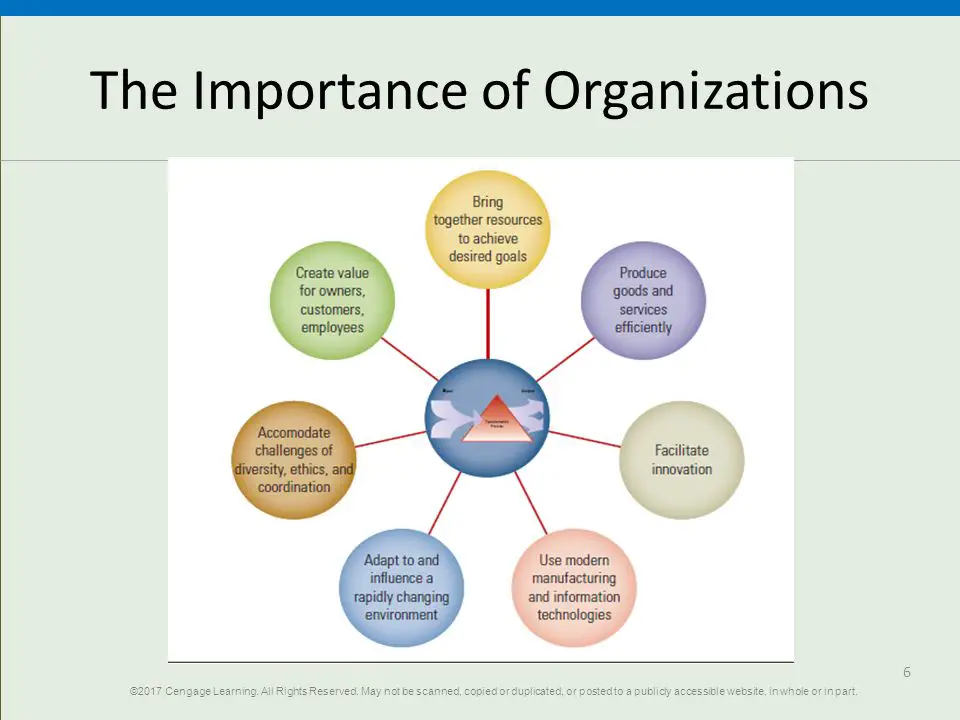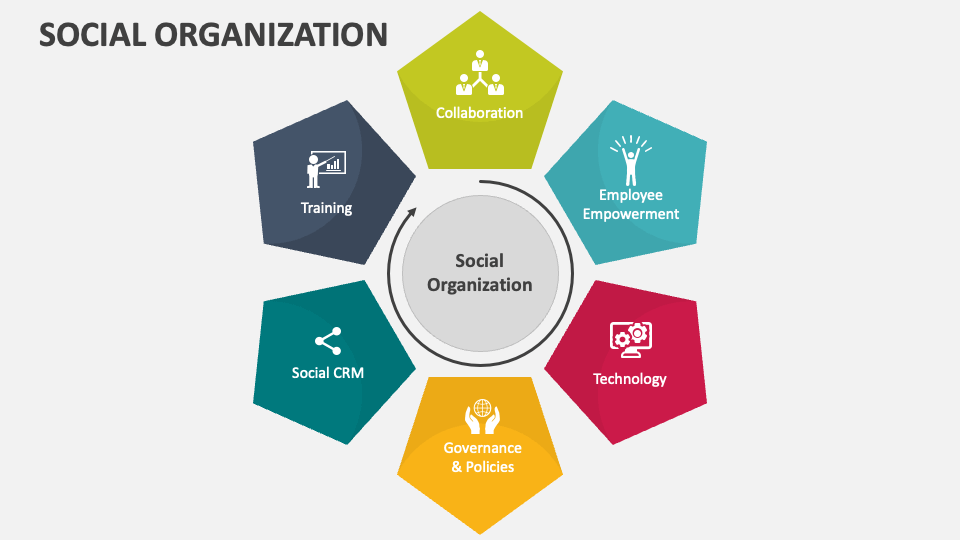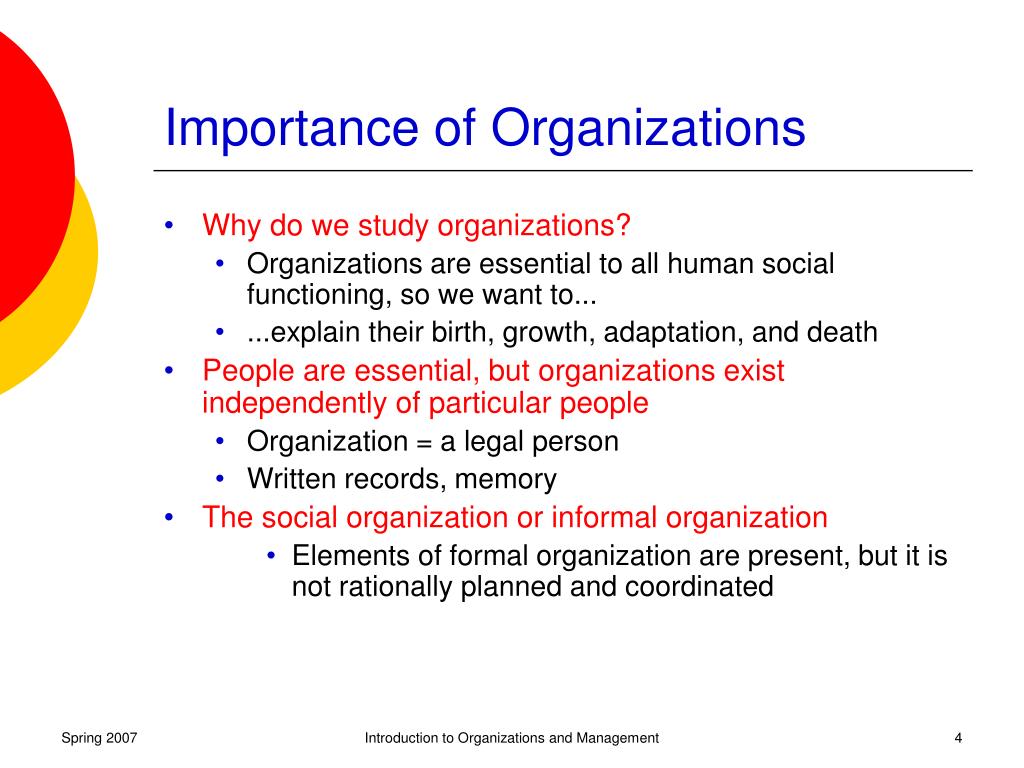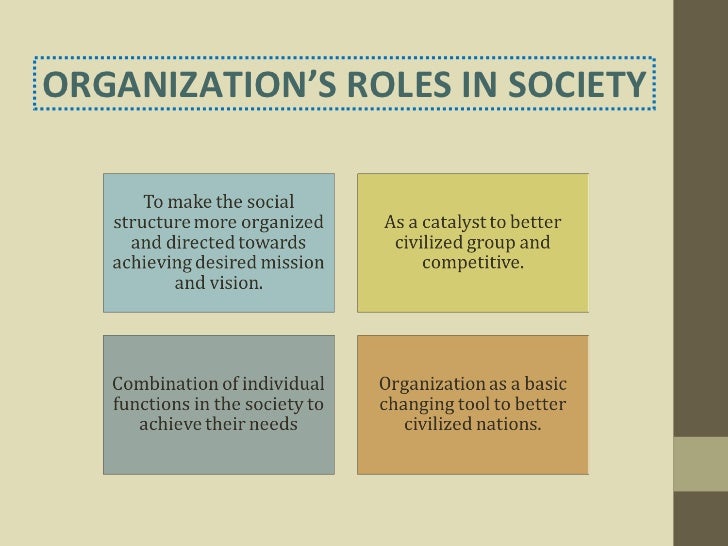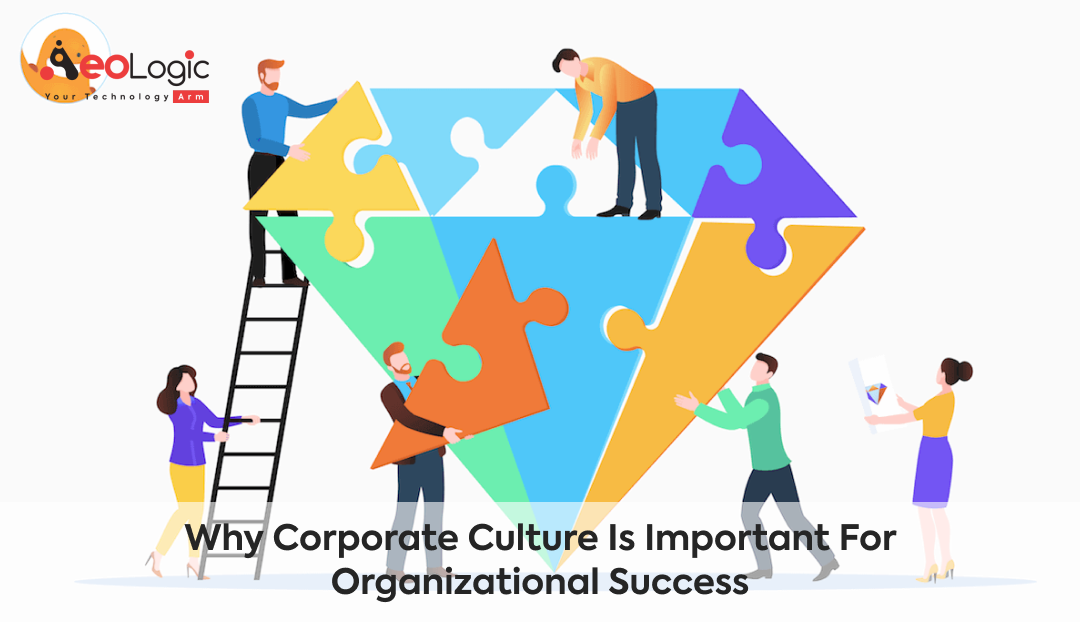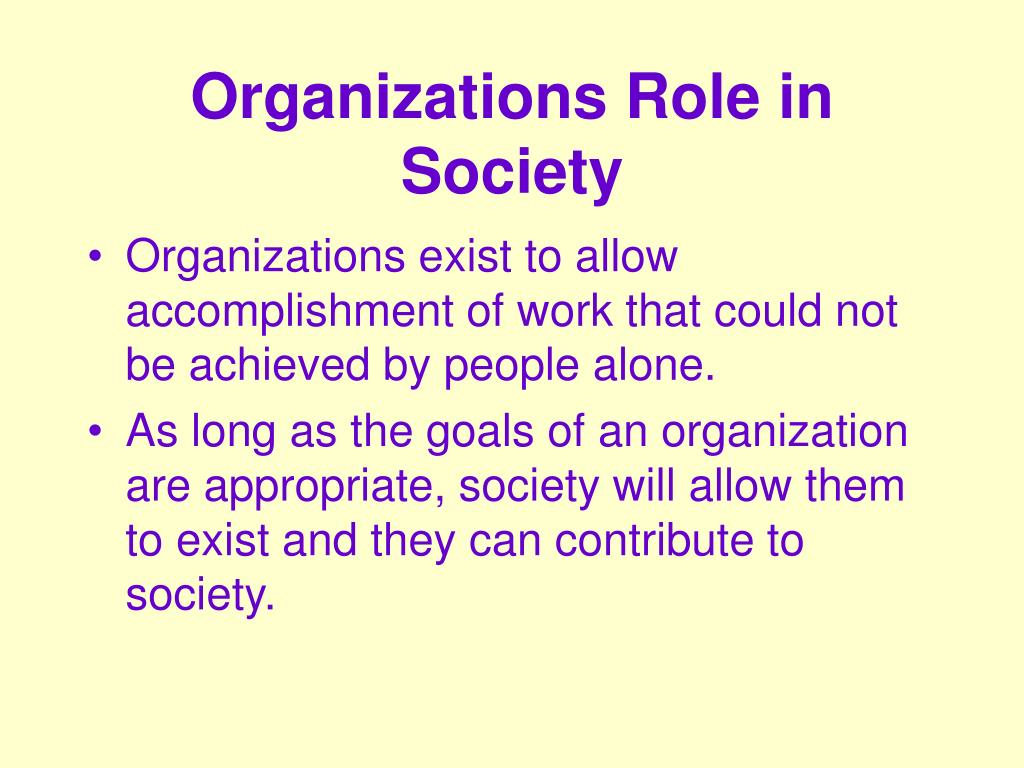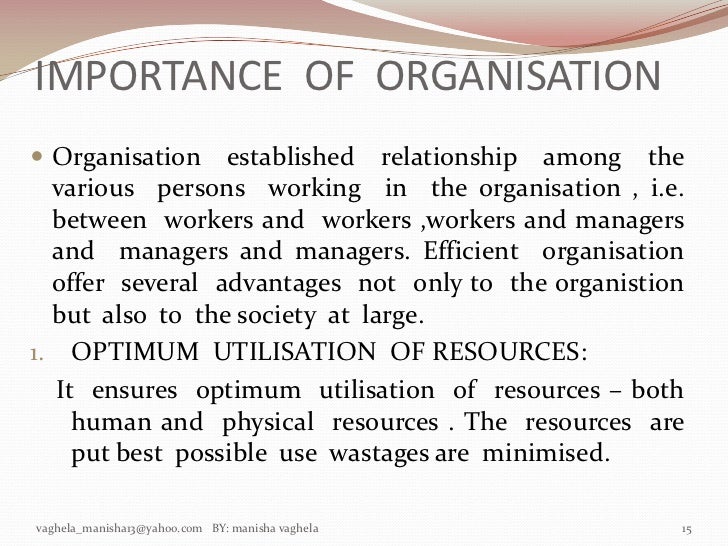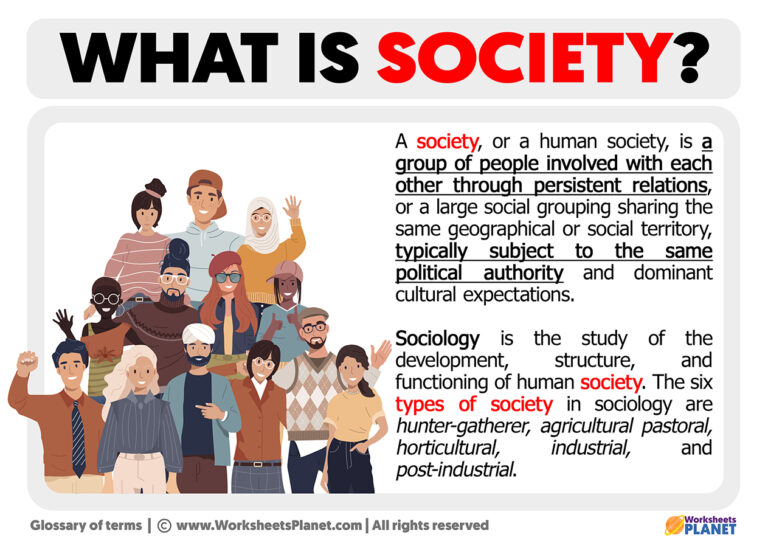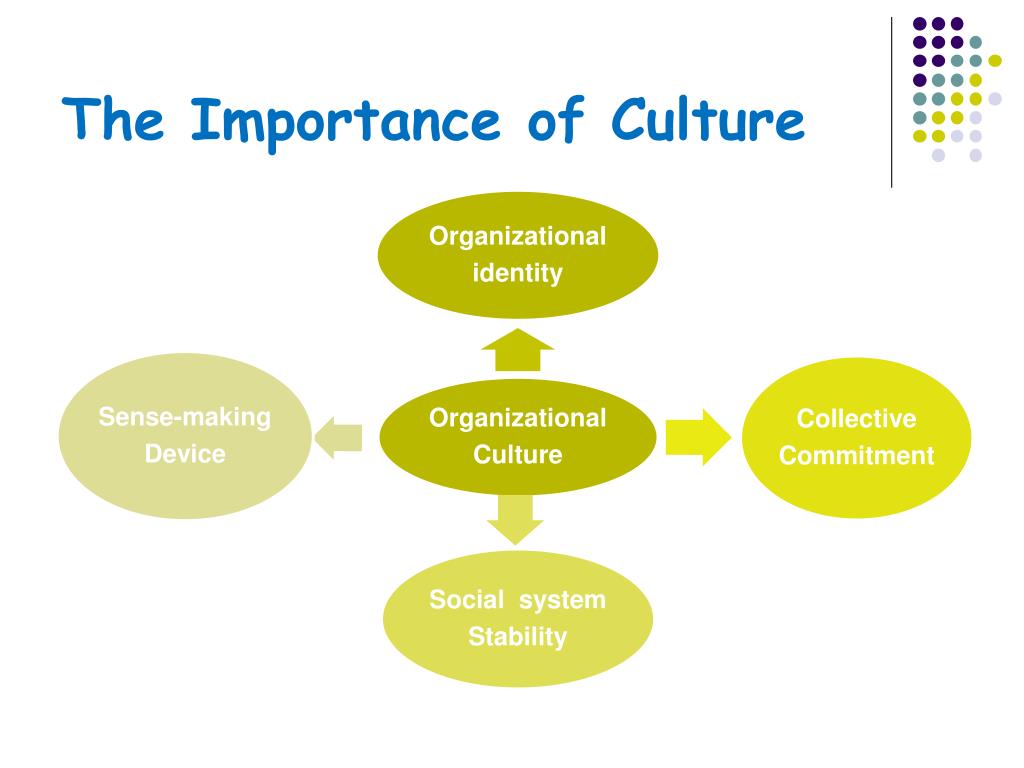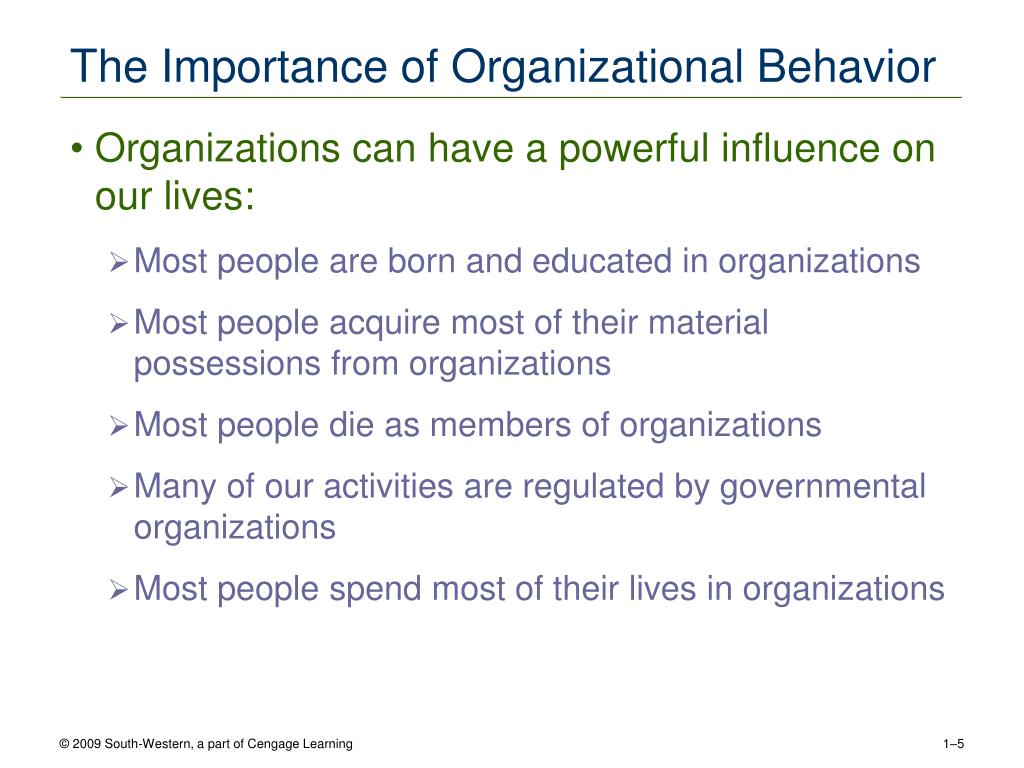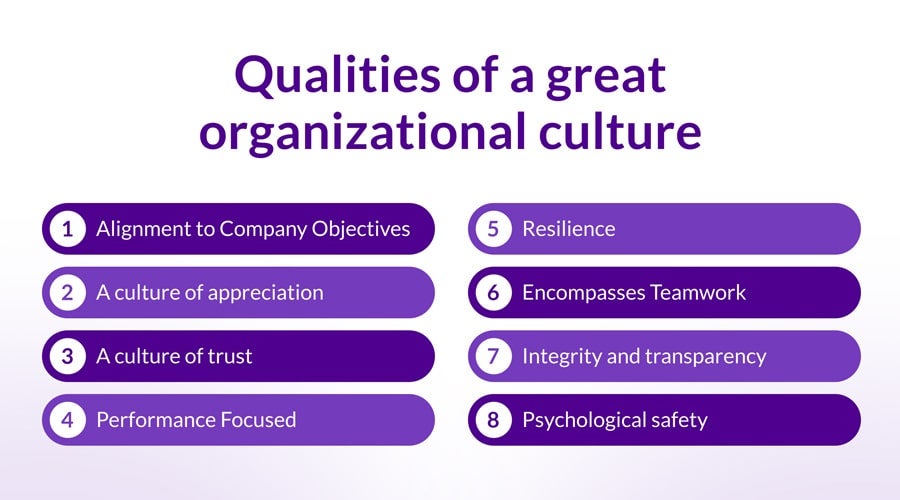Why Are Organizations Important For Society
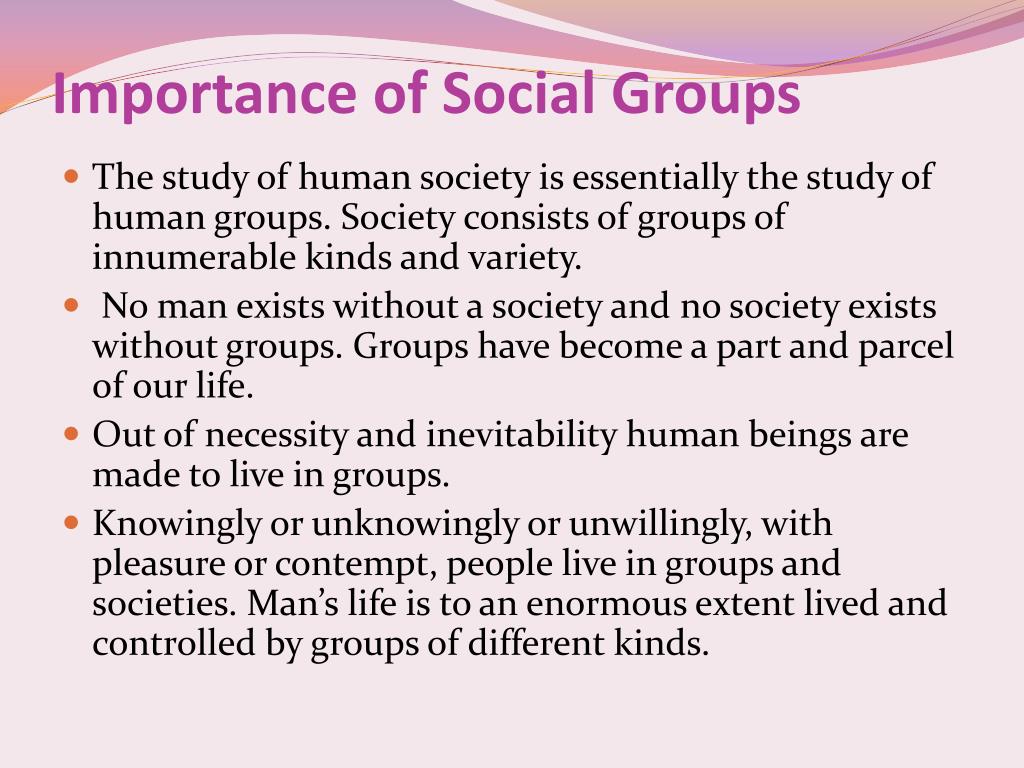
From the smallest community groups to multinational corporations, organizations are the bedrock of modern society. They shape our lives in countless ways, providing essential services, driving economic growth, and influencing social change. But their significance often goes unnoticed, leaving many to wonder: Why are these structures so critical to the functioning and progress of our world?
This article delves into the fundamental importance of organizations, exploring their multifaceted roles and the profound impact they have on individuals, communities, and the global landscape. It examines how organizations facilitate collective action, foster innovation, and contribute to a more structured and efficient society. We will explore their economic, social, and political significance, drawing on data and insights from reputable sources to understand their pervasive influence.
Facilitating Collective Action and Shared Goals
Organizations, at their core, are instruments of collective action. They enable individuals to pool resources, knowledge, and skills to achieve goals that would be impossible to attain individually. This collaborative power is crucial for addressing complex challenges and pursuing common interests.
Non-governmental organizations (NGOs), for example, play a vital role in tackling social and environmental issues. According to the United Nations Economic and Social Council (ECOSOC), NGOs "play a vital role in shaping and implementing participatory democracy." They provide essential services, advocate for marginalized communities, and monitor human rights abuses, leveraging collective action to drive positive change.
Driving Economic Growth and Innovation
Businesses, as a type of organization, are primary engines of economic growth. They create jobs, produce goods and services, and generate wealth. Their pursuit of profit, while sometimes criticized, incentivizes innovation and efficiency, leading to improved living standards.
Small and medium-sized enterprises (SMEs), often organized as companies or partnerships, are particularly important in this regard. The World Bank notes that SMEs "account for the majority of businesses worldwide and are important contributors to job creation and global economic development." Their dynamism and adaptability fuel economic growth and create opportunities for entrepreneurship.
Moreover, organizations foster innovation by providing platforms for research and development. Universities and research institutions, often organized as non-profit organizations, conduct groundbreaking research that advances knowledge and drives technological progress.
These organizations are crucial for tackling global challenges like climate change and disease.
Providing Structure and Stability
Organizations provide a framework for social order and stability. Governments, as the most powerful form of organization, establish laws, enforce contracts, and provide public services such as education, healthcare, and infrastructure. Without these structures, society would descend into chaos.
Furthermore, professional organizations like medical associations and bar associations set ethical standards and regulate professional conduct. This ensures quality and accountability within these fields, protecting the public from malpractice and abuse. These bodies are vital for upholding trust and maintaining the integrity of essential professions.
Shaping Social Norms and Values
Organizations also play a significant role in shaping social norms and values. Religious institutions, for instance, promote ethical principles and provide moral guidance to their members. These values, in turn, influence individual behavior and contribute to a more cohesive society.
Furthermore, advocacy groups and social movements, often organized as NGOs or grassroots organizations, work to raise awareness about social issues and challenge existing power structures. They advocate for policy changes and promote social justice, contributing to a more equitable and inclusive society. These organizations act as a voice for the voiceless and push for progress on issues ranging from gender equality to environmental protection.
The Potential Downsides and Challenges
While organizations are essential for society, they are not without their potential downsides. Bureaucracy, inefficiency, and corruption can plague even the best-intentioned organizations, hindering their effectiveness and undermining public trust. Power imbalances within organizations can also lead to exploitation and abuse.
Therefore, it is crucial to hold organizations accountable and promote transparency and ethical conduct. Strong governance structures, independent oversight, and whistleblower protection mechanisms are essential for mitigating these risks. Furthermore, fostering a culture of openness and critical thinking can help prevent organizations from becoming complacent or corrupt.
Looking Ahead: The Future of Organizations
The role of organizations is likely to evolve in the coming years as society faces new challenges and opportunities. The rise of digital technologies and globalization is creating new forms of organizations, such as online communities and virtual teams.
These new organizational models offer the potential for greater flexibility, collaboration, and innovation. However, they also raise new challenges related to trust, accountability, and security. As we move forward, it will be crucial to adapt existing organizational frameworks and develop new approaches that can harness the power of these emerging structures while mitigating their potential risks. Organizations will remain vital for addressing the complex challenges of the 21st century, from climate change to inequality. Their ability to adapt, innovate, and collaborate will determine their success in shaping a more sustainable and equitable future.
